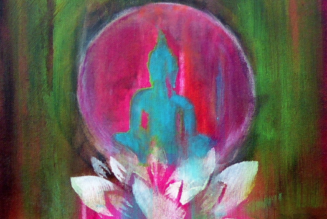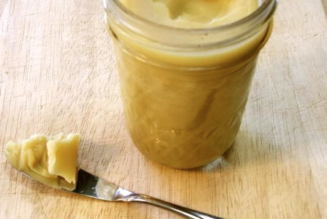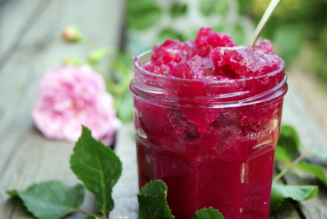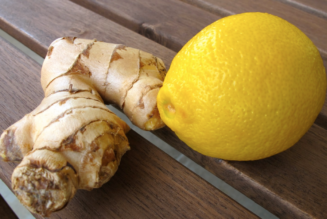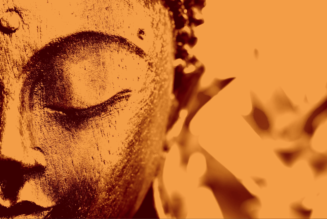Early Winter Season
Hemanta [early winter] is a pleasant transition from the excess dryness of autumn.
Hemanta provides unctuous & cold qualities into the atmosphere.
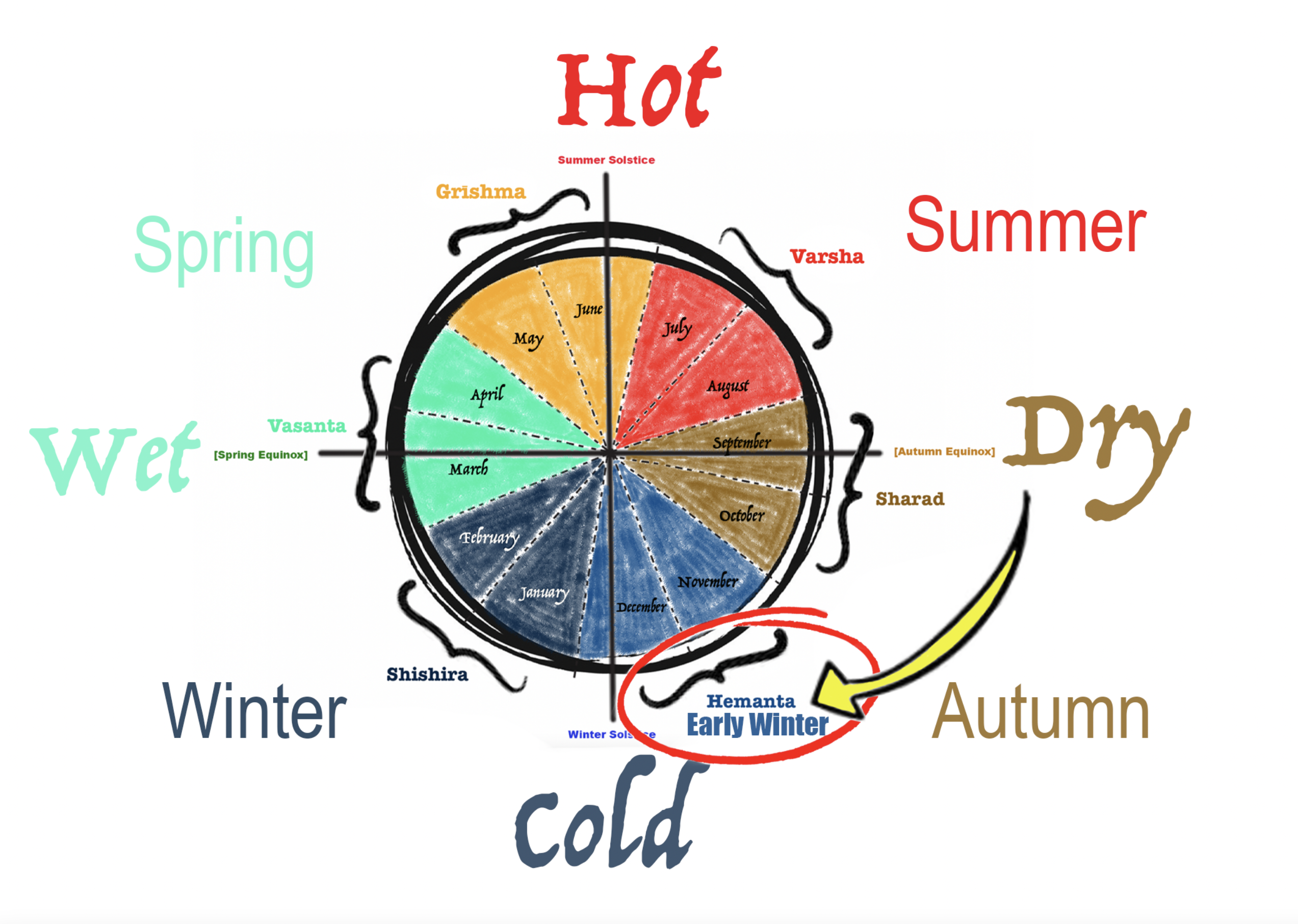
“Whatever there is in the environment is also there in the human body”
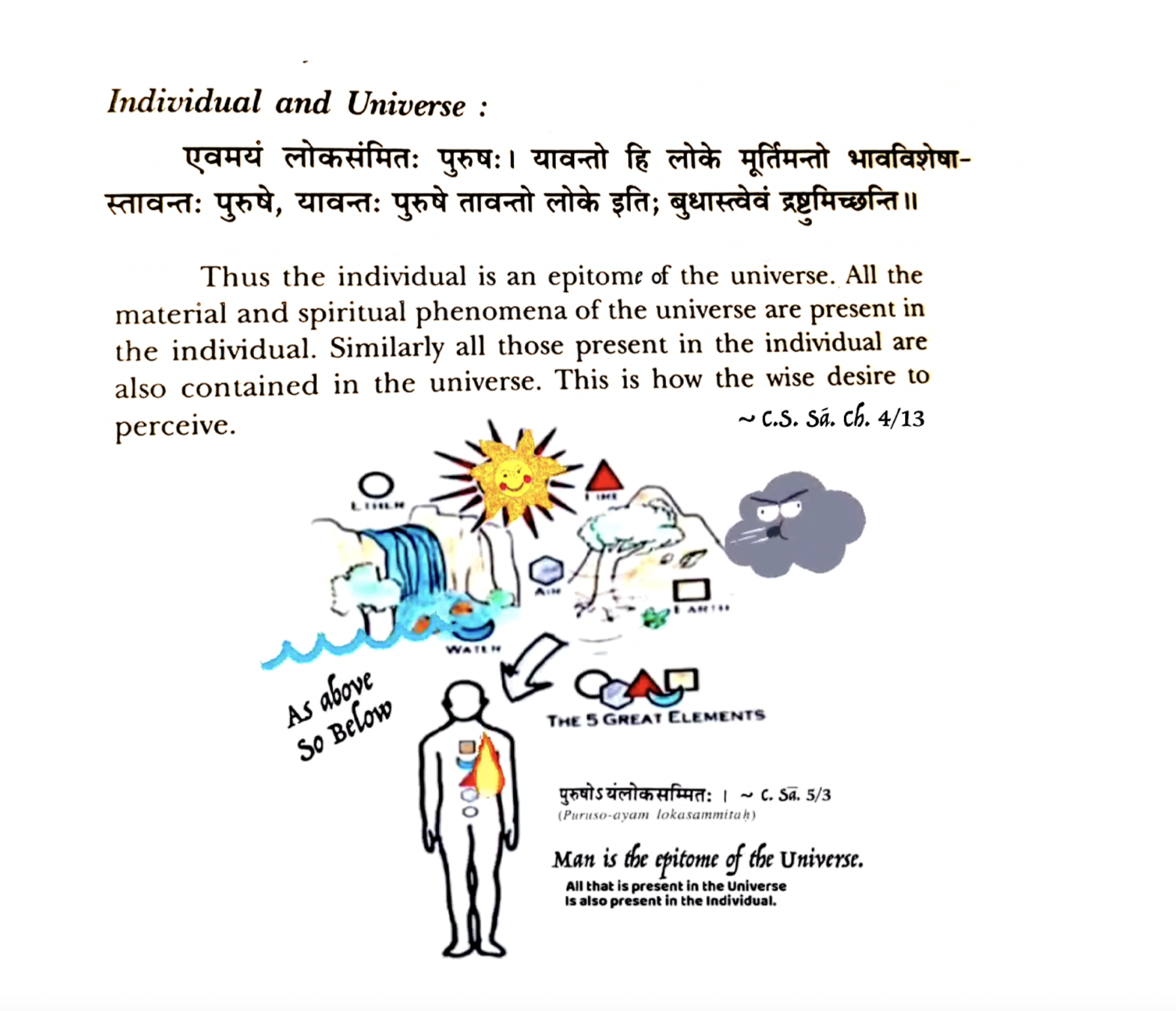
The Sanskrit word “Rtu” means the seasonal movement of time, while “Charyā” means routine or lifestyle.
Therefore, ‘Rtucharyā’ means a seasonal routine or seasonal lifestyle.
– Dr. Vasant Lad
During this time of the year [i.e.Visarga Kāla] it’s hydrating as the power of the Sun becomes less
… and the gentle qualities of the moon become more predominant.
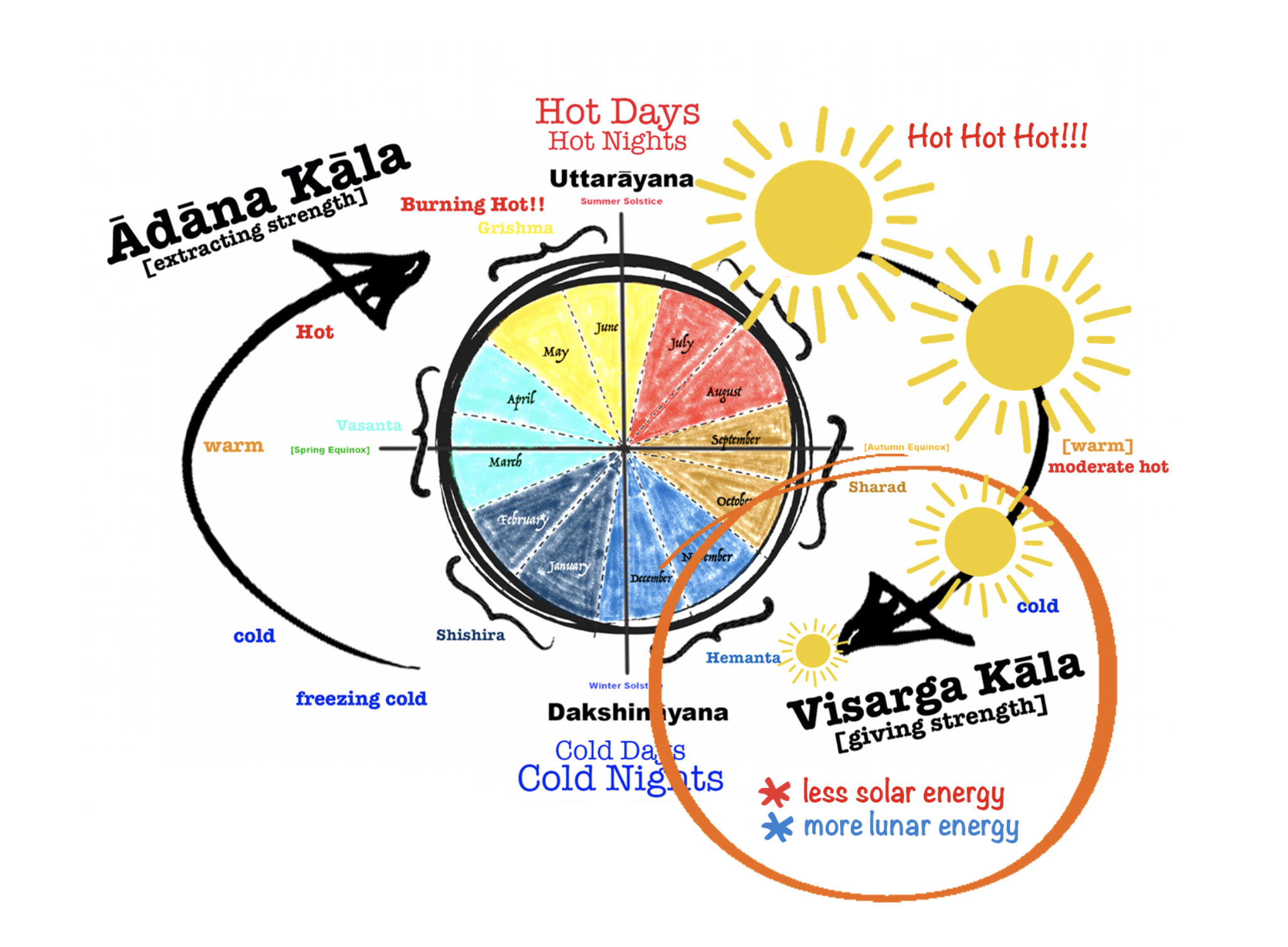
The qualities of early winter [hemanta] are excessively unctuous [utkrsta snigdha] and moderately cold [madhyama śīta]. 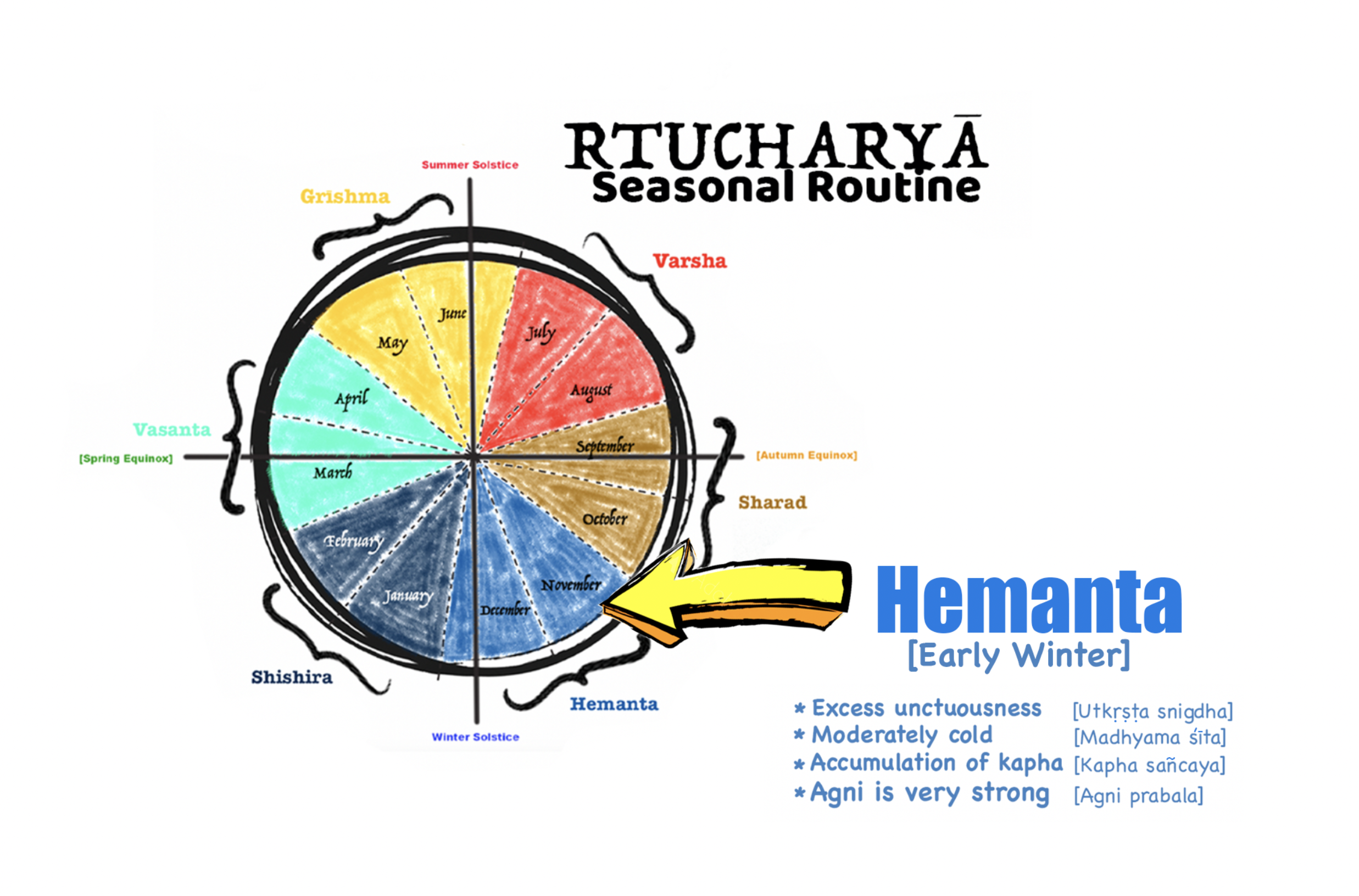
Increased Agni = Increased Hunger & Appetite
Very Strong Agni [Agni Prabala] …
Because of this cold quality within the atmosphere, the body preserves heat within [i.e. vasoconstriction] which retains the core fire element which ultimately increases the digestive fire, i.e. Agni.
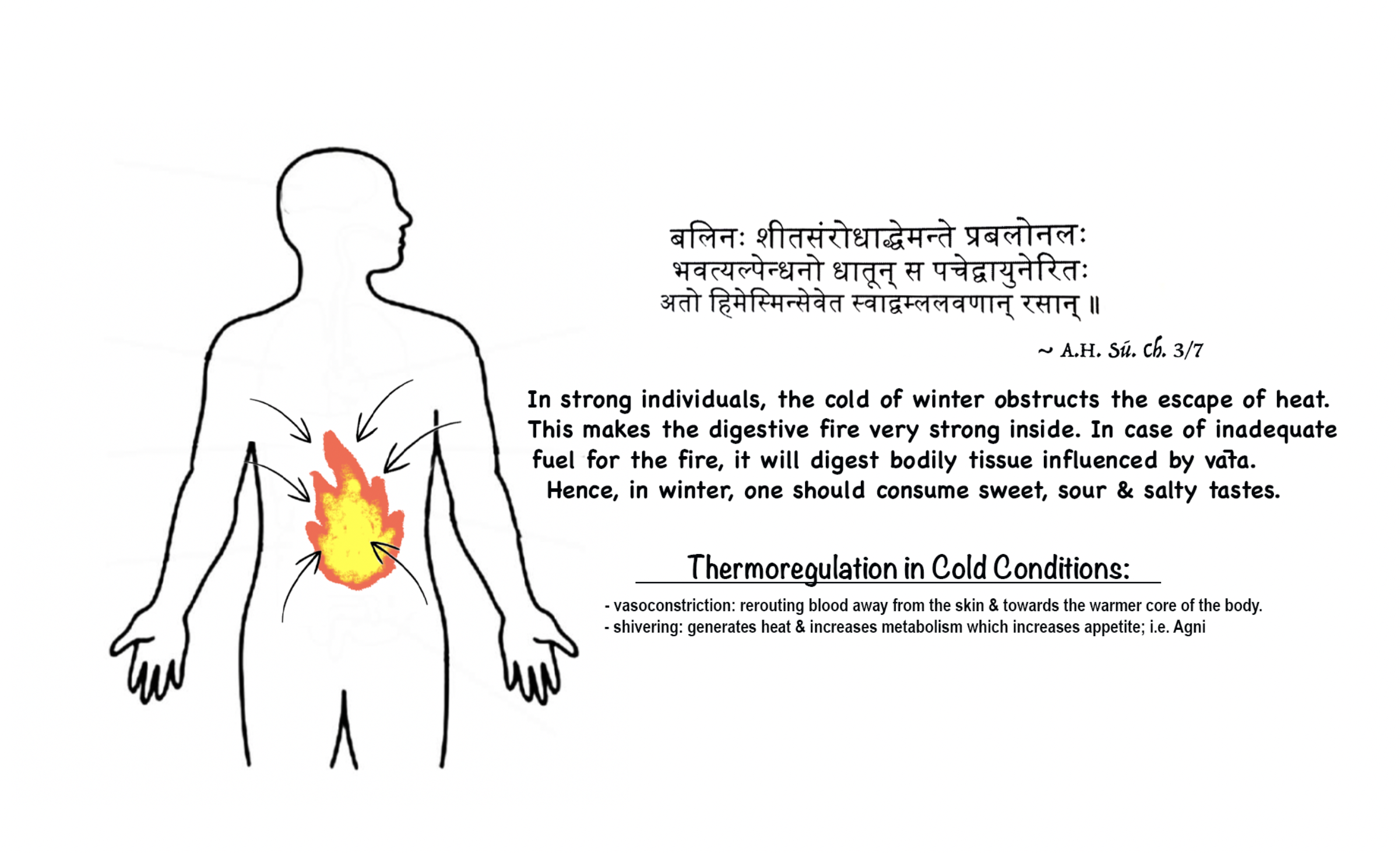
Due to increased Agni [i.e. increased hunger & appetite], one should eat adequately; food with predominately sweet, sour & salty tastes. Sweet, sour & salty taste helps to reduce excess vāta. If not, excess vāta may further aggravate Agni. .
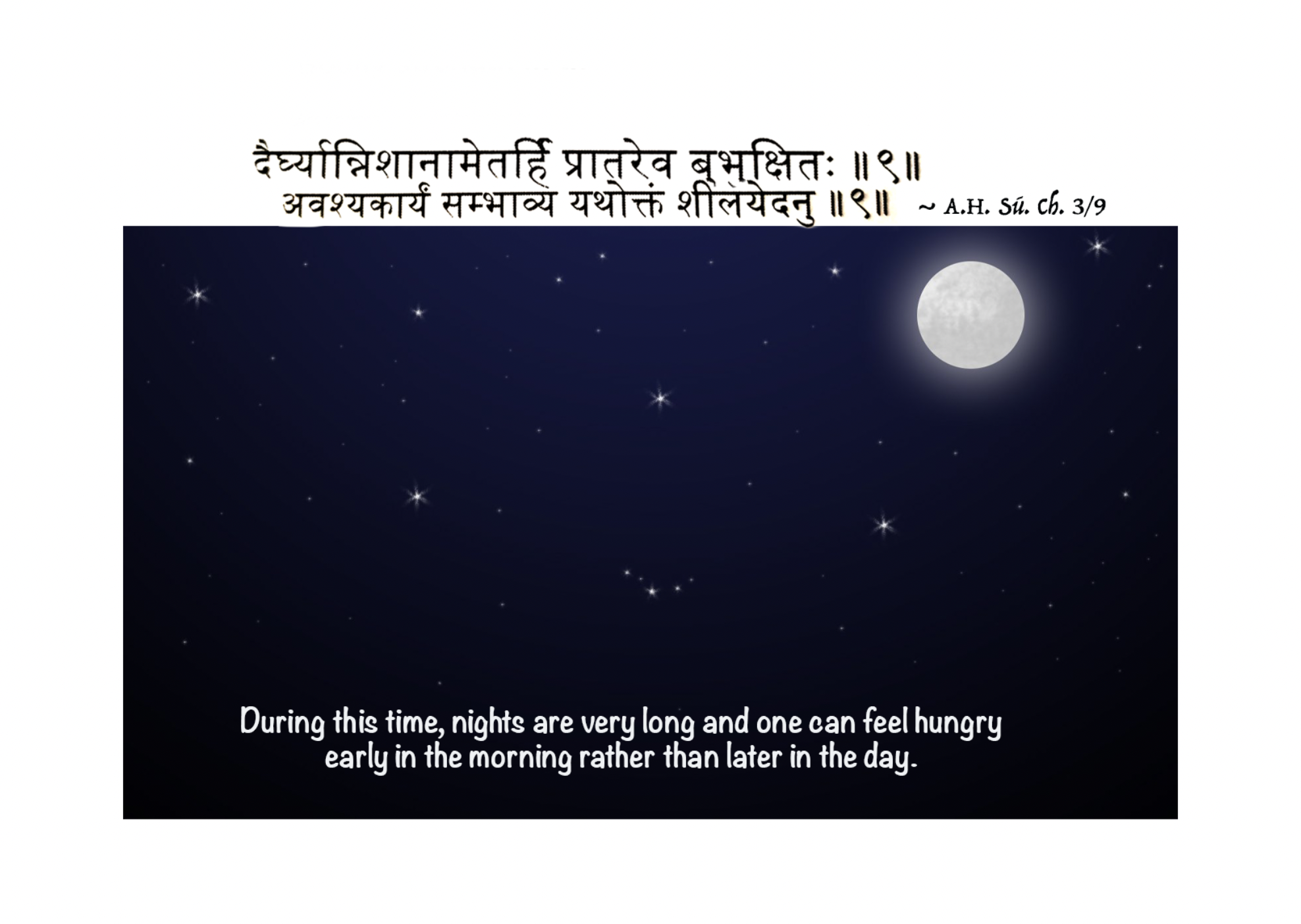
Days Become Shorter; Nights Become Longer …
As nights become longer, one naturally feels hungry upon waking in the morning.Therefore, after taking care of the morning routine [i.e. restroom etc.], it’s important to have breakfast as to not create a catabolic state; i.e. digesting dhātu/bodily tissue.
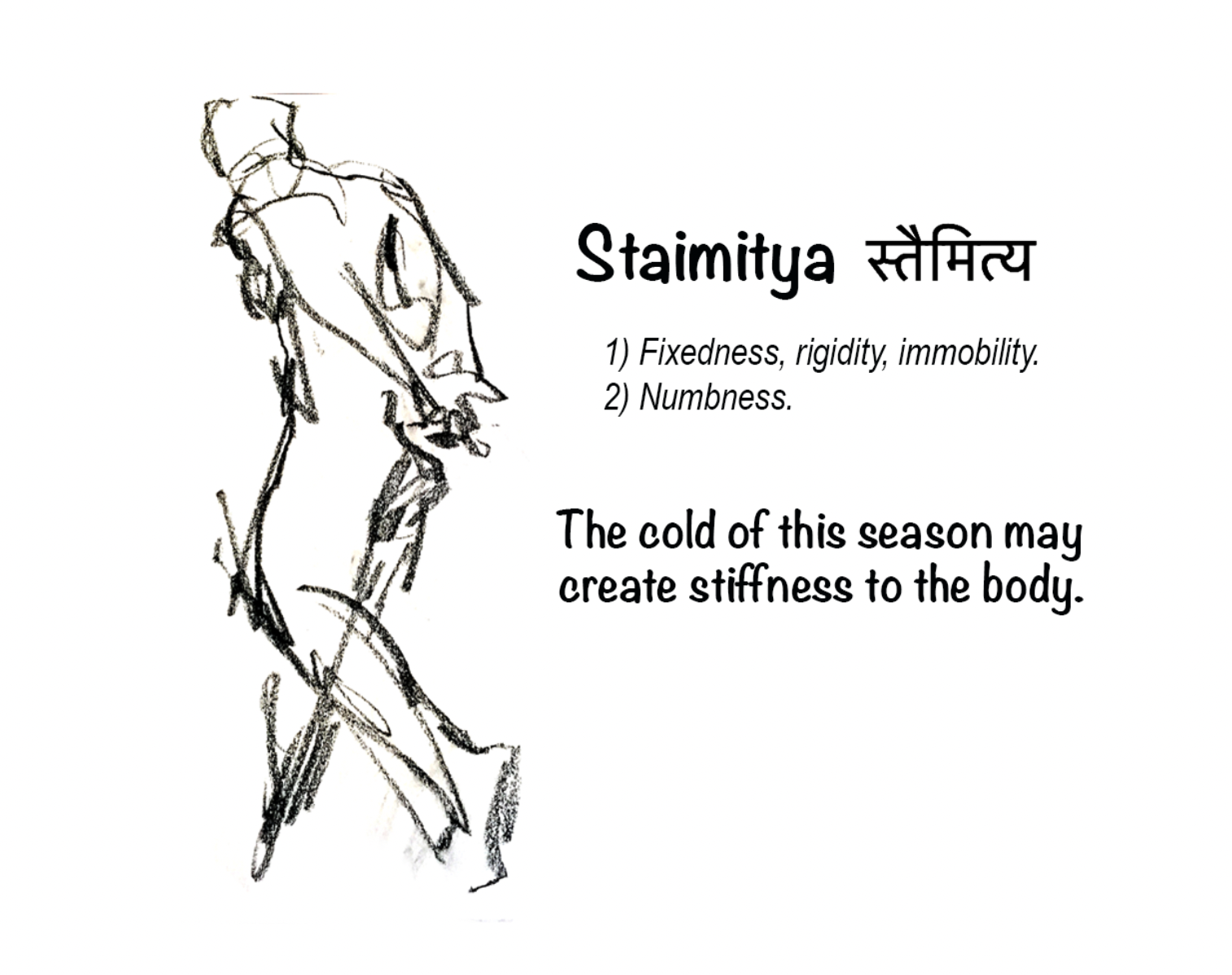
The coldness of the atmosphere creates rigidity [staimtya] to the body which is an expression of increased vāta dosha. To help reduce excess rigidity to the body, it’s advised to exercise [i.e. wrestling] and have a deep–tissue massage with vāta–reducing oils to help pacify vāta dosha.
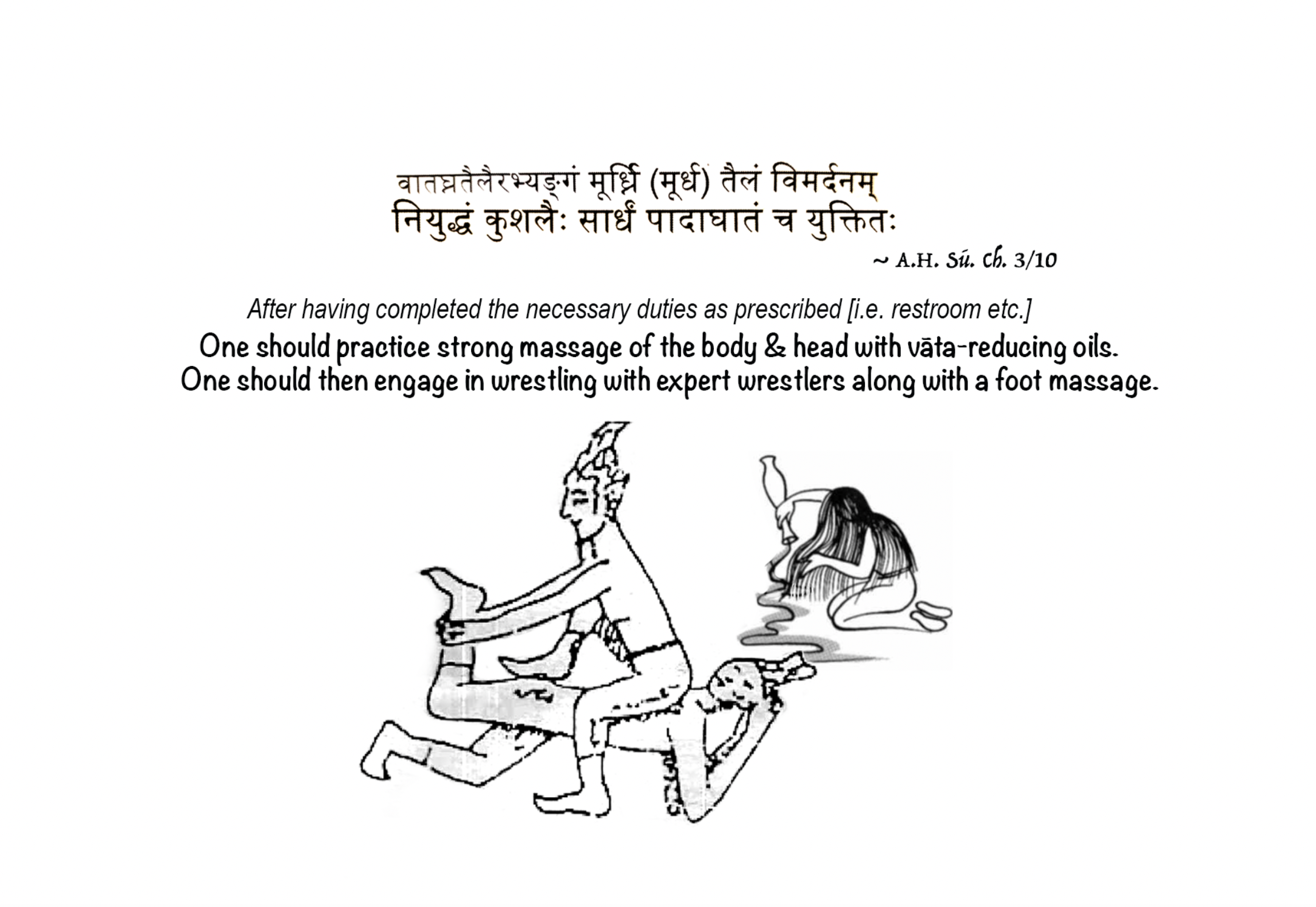
Now that you’re all Oil–ed Up …
After having done some exercise and after having had an oil–massage, it’s advised to remove excess oil with certain herbal powders and then take a bath. After bathing, one can then anoint the body with saffron paste and fumigate oneself with smoke of agaru.
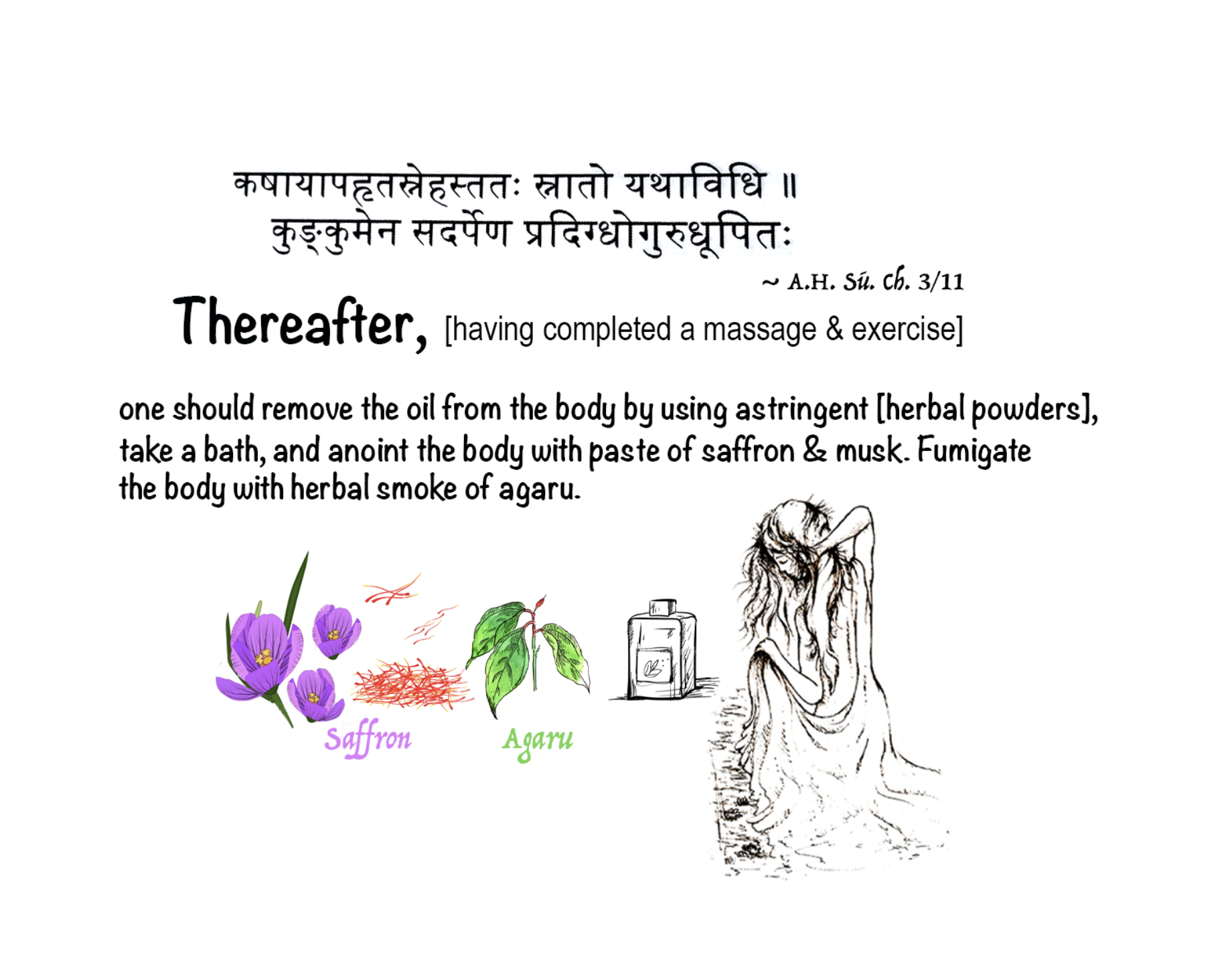
Food …
Dietary considerations include having meat soup prepared from well-nourished animals with the addition of fat; such as ghee. Having alcoholic drinks made from jaggery and consuming other food made of wheat, black gram, sugarcane and milk products are ideal during early winter season.
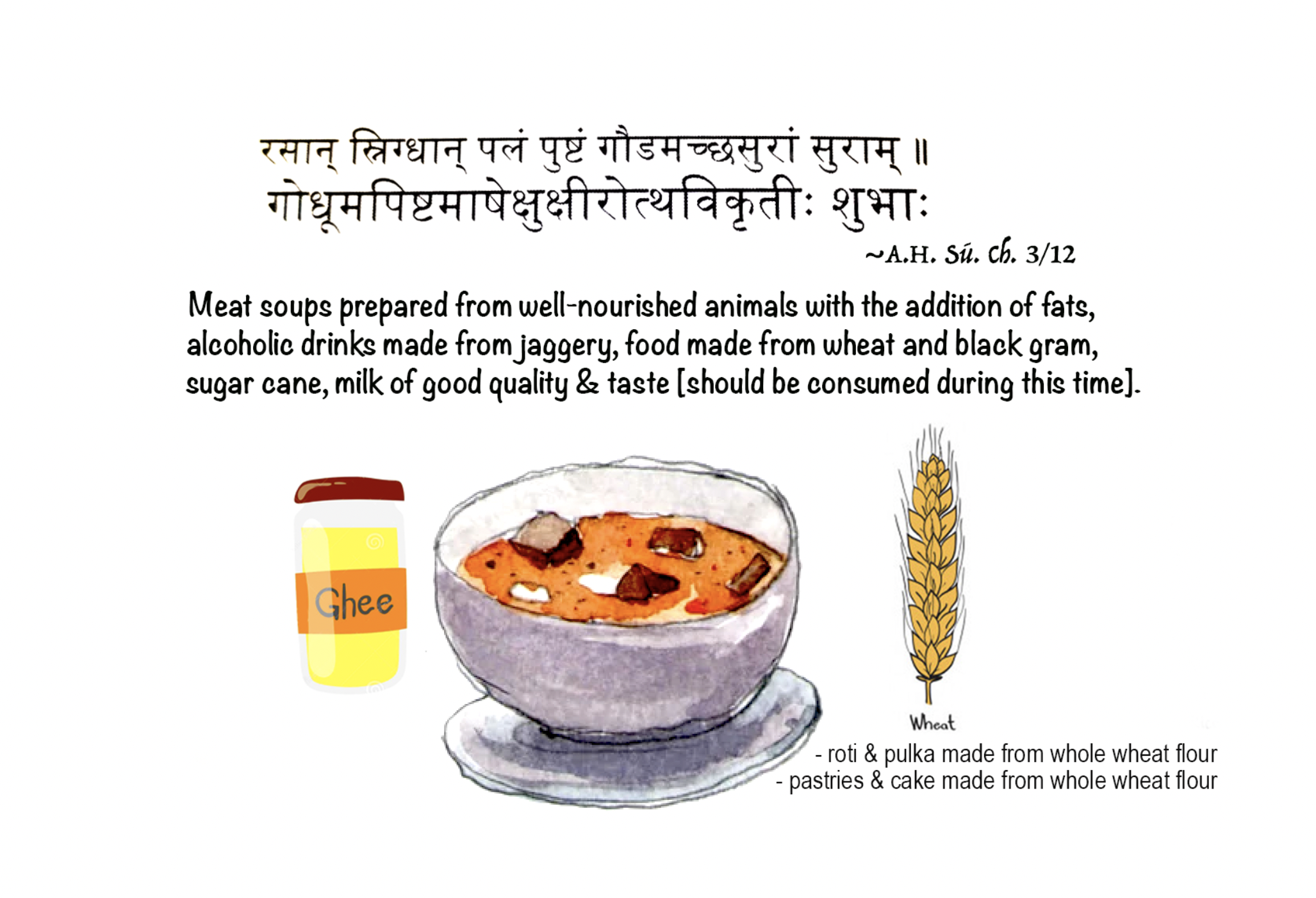
Exception To The Rule:
It’s also recommended to have fresh rice, animal fat and sesame oil during this time of year. Normally it’s advised to have grains which have been stored for up to a year since fresh grains are typically harder to digest. However, during this time of year, the digestive capacity is strong and therefore more readily able to digest heavy qualities such as fresh grain.
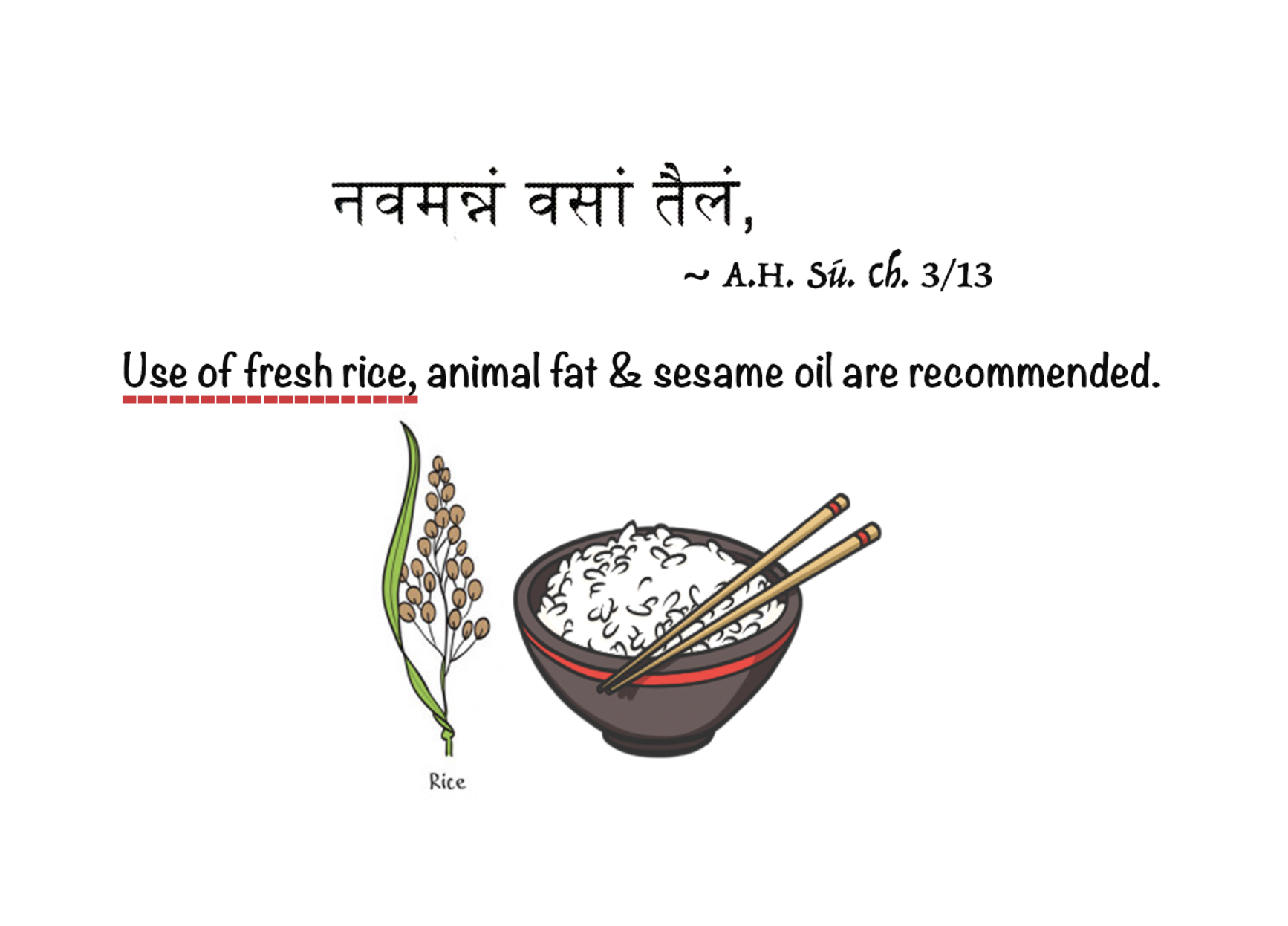
Stay Warm …
It’s important to stay warm during this season. One may consider clothing and blankets made of cotton. For the sake of lightness, silk and wool are also considered.
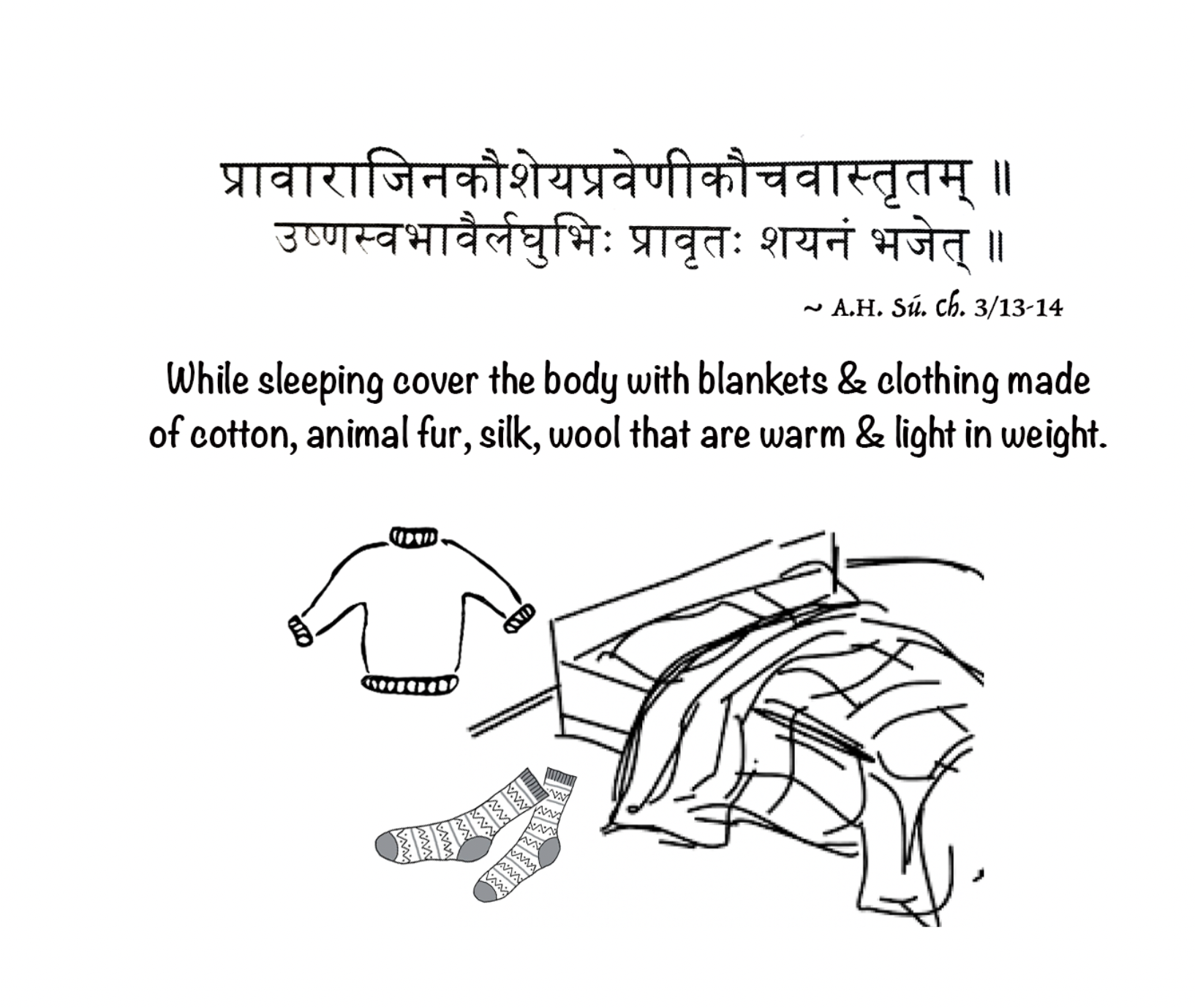
It’s useful to absorb warmth from the sun so exposing the body to sunshine is recommended.
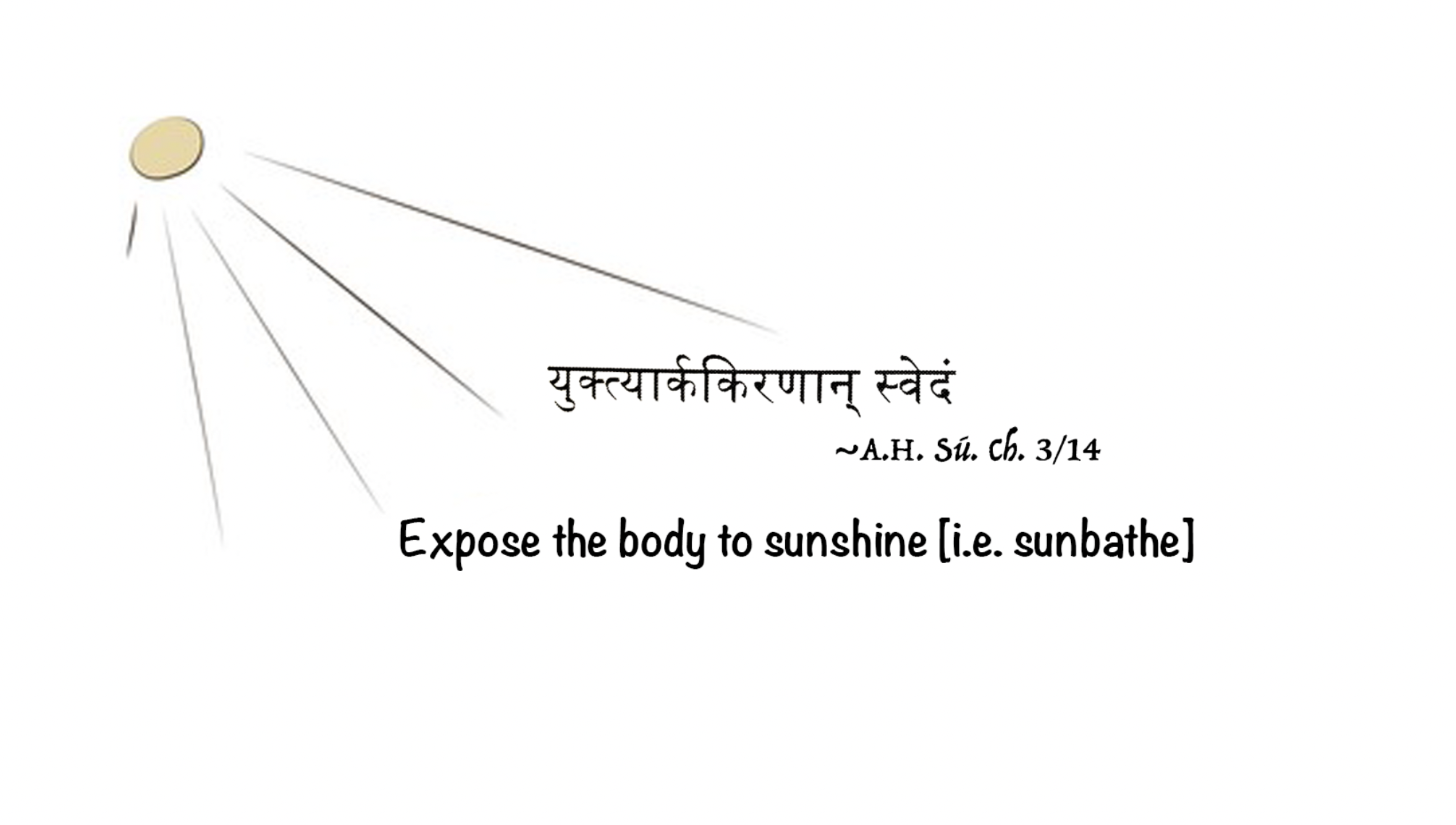
And for extra coziness …
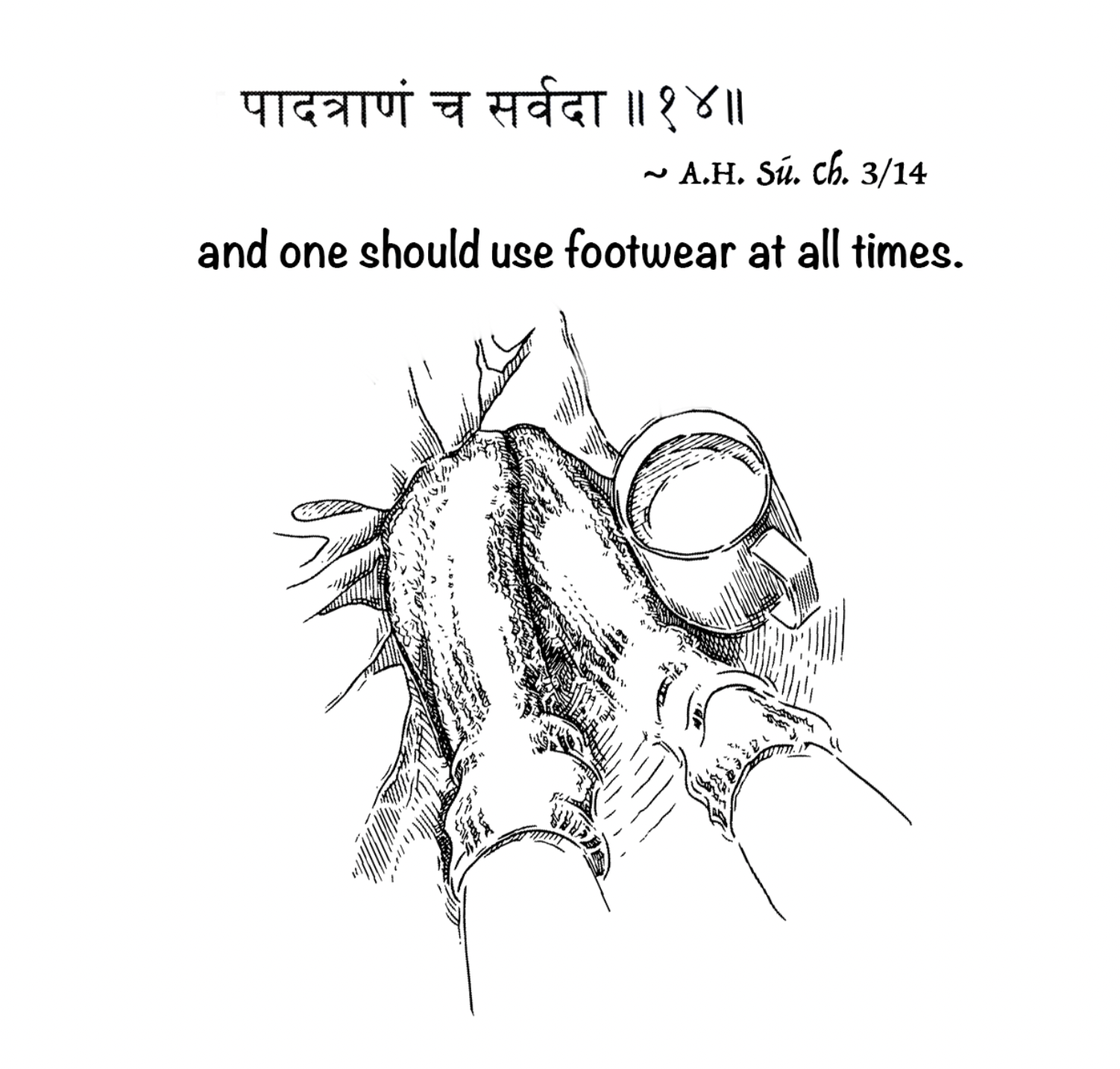
and for extra coziness it’s ideal to have nice rugs on the floor along with wearing cozy socks to help keep the feet warm. Feet are one of the primary sites of vāta dosha so keeping the feet warm helps to prevent excess vāta aggravation.
What Better Way To Stay Warm?!
For the sake of keeping warm, loving embraces from a warm body that’s anointed with the paste of saffron and fumigated with scented herbs helps to eliminate the cold of the season.
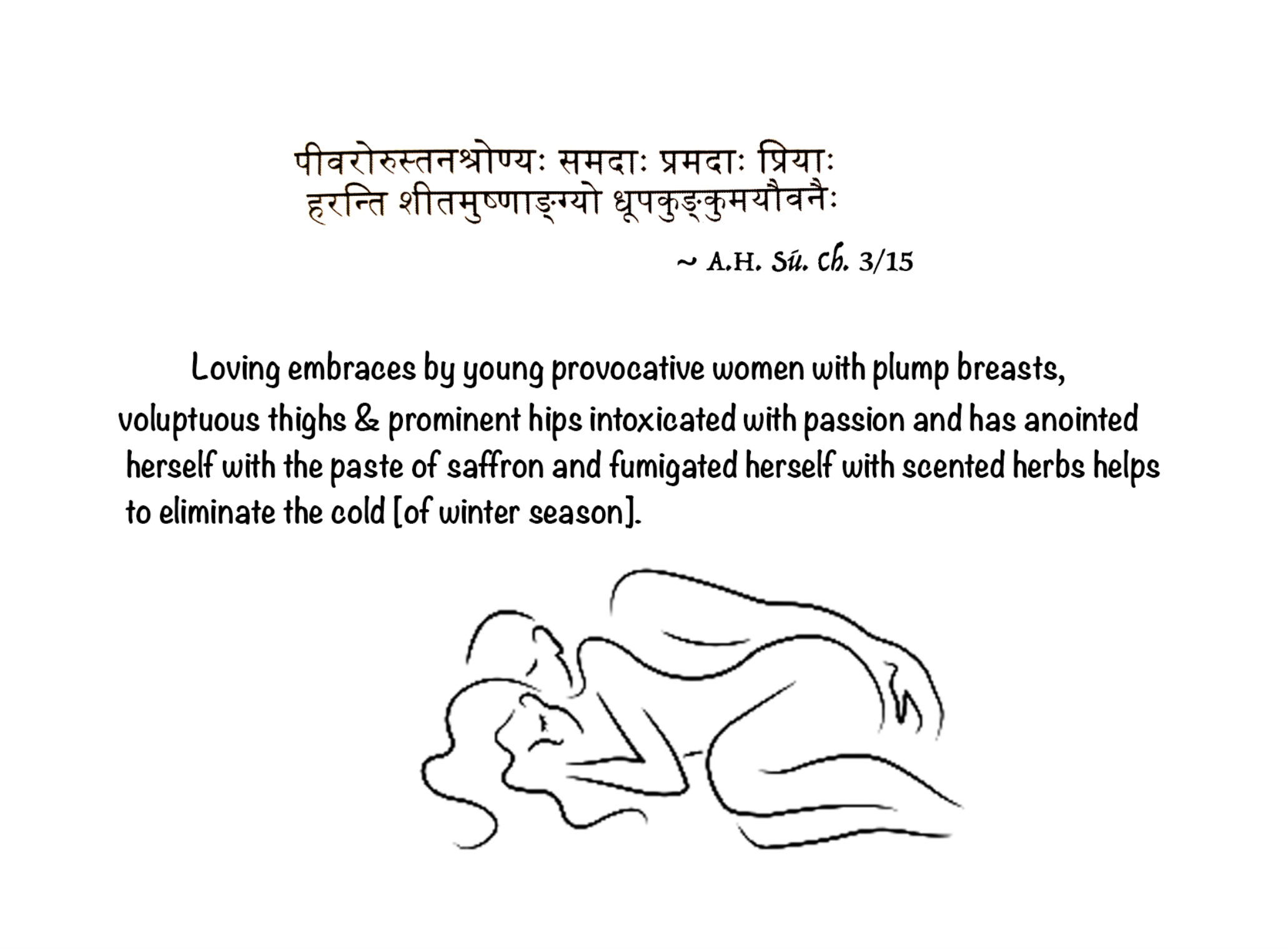
And finally, it’s advised to keep your home warm whether it be with warm embers, nice fire or central heating.
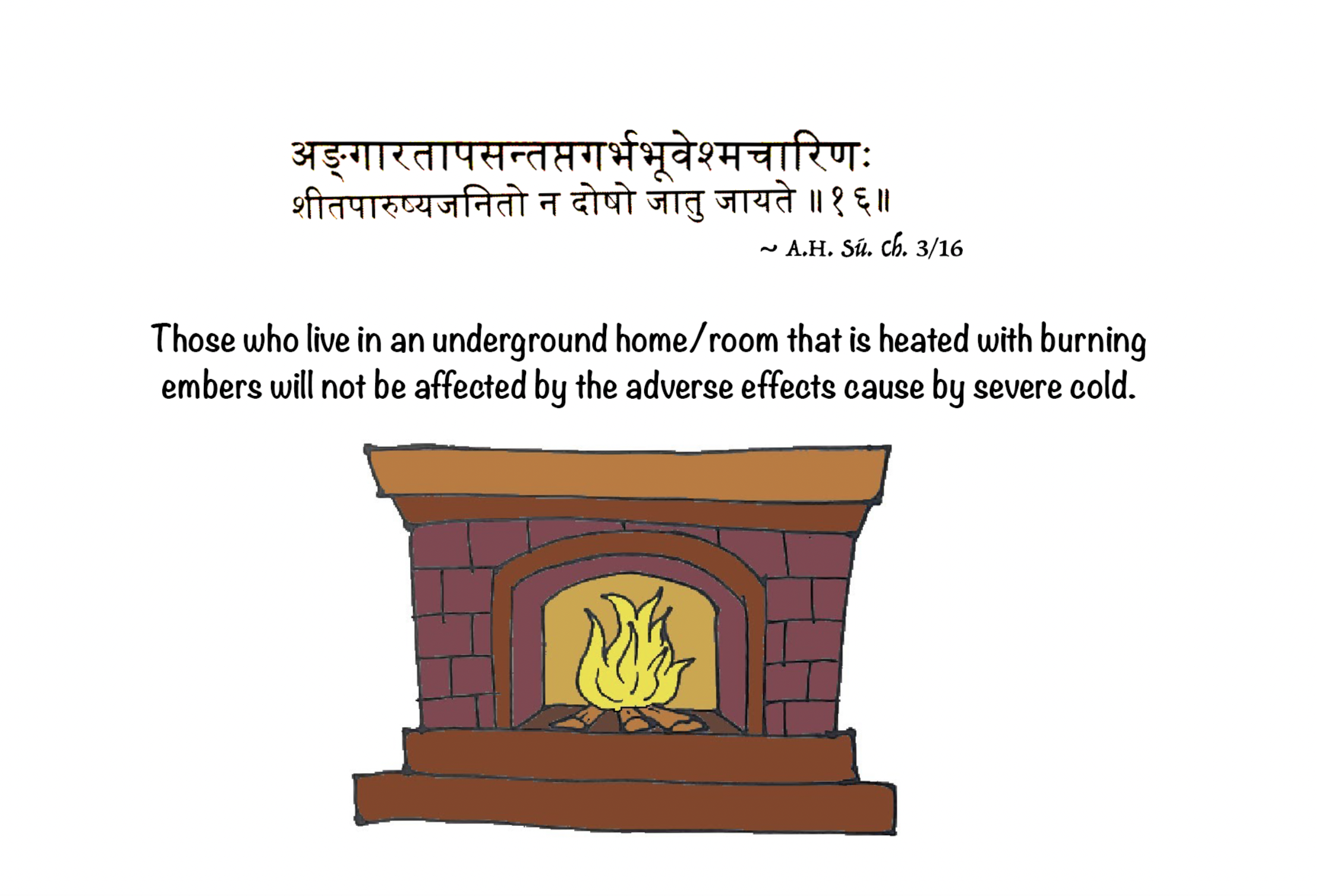
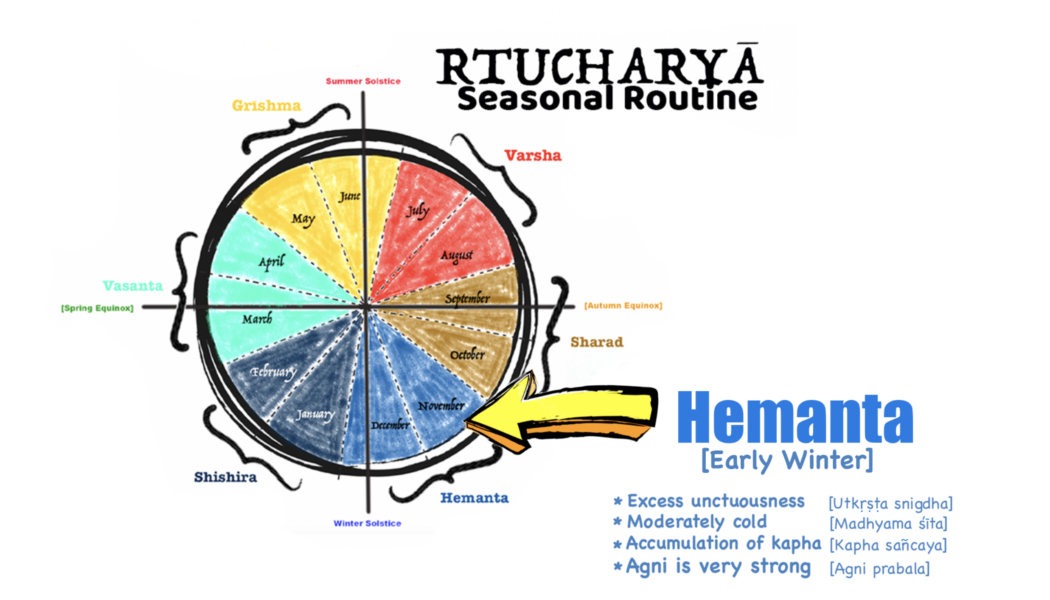
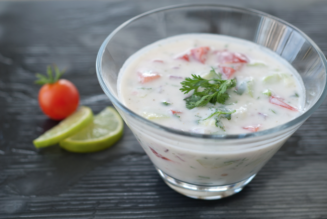
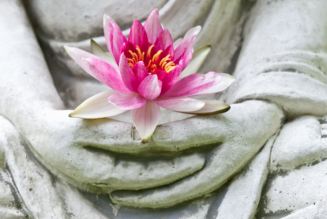
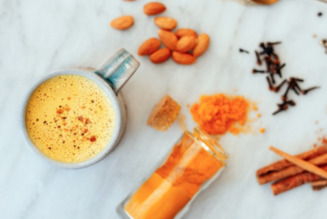
![Female Health: Amenorrhea [cessation of menses] – An Ayurvedic Perspective](https://healthyayurveda.com/wp-content/uploads/2015/07/1.-Amenorhea--327x219.png)
